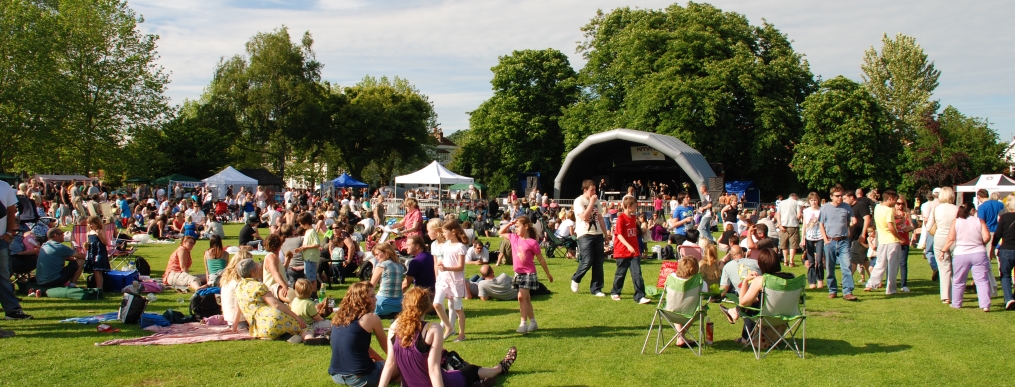
Coyotes naturally fear humans and should remain wild animals with little human interference. Coyote sightings often increase because of humans intentionally or unintentionally providing a food source.
These family-oriented canids play a vital role in ecosystems, particularly in managing populations of small rodents such as rabbits, rats and mice in southern Ontario.
Coyotes tend to be more visible in the winter during mating season (January – February), in the spring when selecting dens and rearing pups (April – June) and in the fall when pups leave the den (September – October).
Coexisting with coyotes
While coyotes generally avoid humans, they can pose a serious threat to pets such as cats and small dogs. It is important to be aware of wildlife with which we share our communities. This can minimize human and wildlife encounters and conflict.
Coyotes usually avoid humans, but encounters can occur in both rural and urban areas of Milton.
Coyote-proof your property |
|
We can reduce conflicts with coyotes by making changes to our properties.
|
Protect your pets |
|
What to do if you encounter a coyote |
|
Can coyotes be relocated? |
|
Report a sighting
In general, it is best to reduce and discourage human contact with coyotes. The Ministry of Natural Resources also shares tips for preventing and managing conflicts with coyotes.
- If a coyote poses an immediate threat to safety, call 911.
- If you see sick or injured Coyote on public property and would like to report it, please contact 905-878-7252 ext. 2254 or submit a request online.
- Report a sighting.
Contact Us



